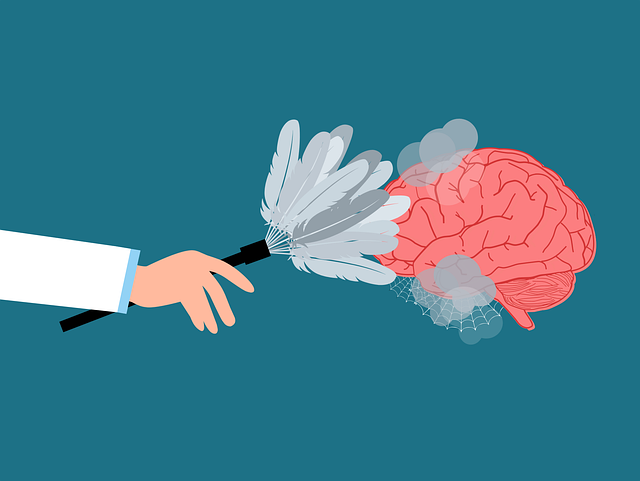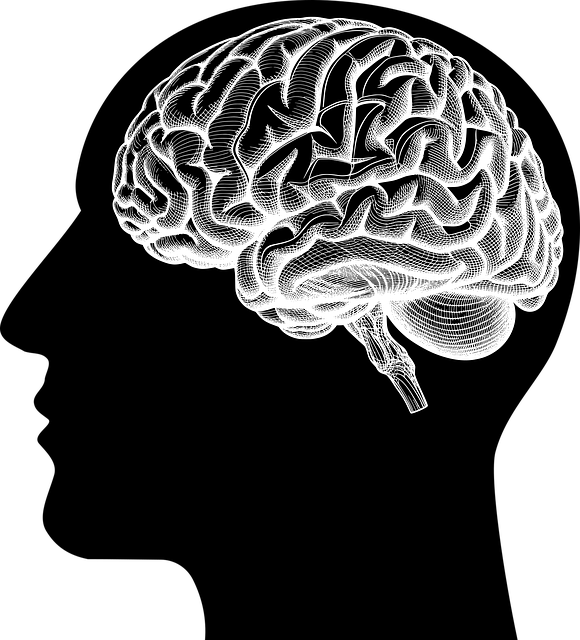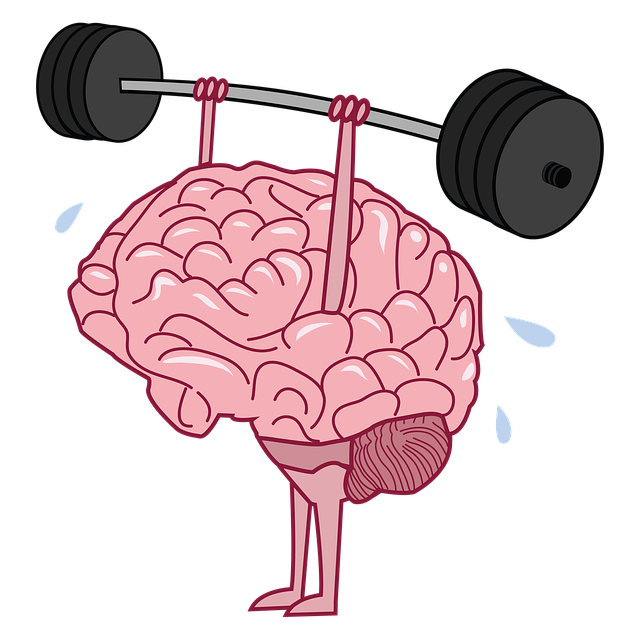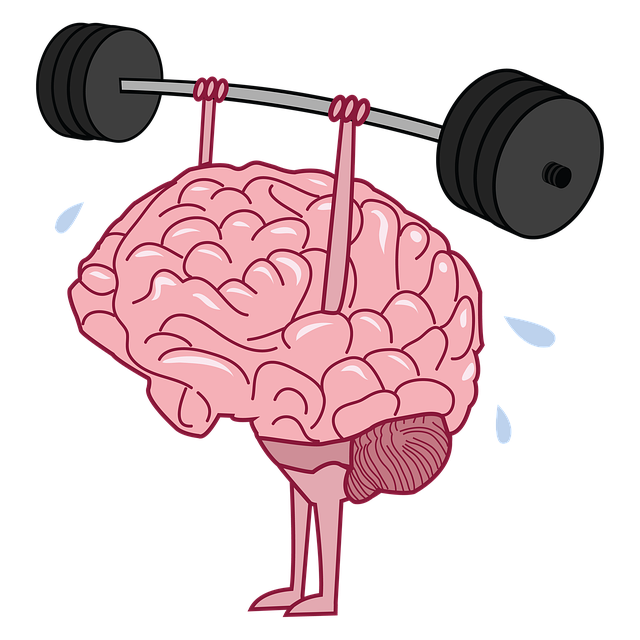Northglenn Therapy for Therapists-Clinicians emphasizes understanding substance abuse risks through biological, environmental, and psychological assessments. They promote early detection and prevention using evidence-based practices like CBT and DBT to address maladaptive thought patterns. Integrating self-care, risk management planning, and open communication empowers therapists and clients with coping strategies and resources for long-term recovery. Northglenn's holistic approach fosters emotional well-being by equipping individuals with tools for healthier emotional management, sustainable coping mechanisms, and supportive networks.
Substance abuse poses significant risks to individuals and communities. This article explores comprehensive risk reduction strategies for therapists and clinicians, offering a multi-faceted approach to address this complex issue. From understanding foundational risks to implementing evidence-based therapies, early detection techniques, and integrating lifestyle changes, we delve into effective methods. Additionally, the role of Northglenn Therapy in supporting long-term recovery is highlighted, providing valuable insights for healthcare professionals aiming to mitigate substance abuse within their practice.
- Understanding Substance Abuse Risks: A Foundation for Intervention
- Early Detection and Prevention Strategies for Therapists
- Evidence-Based Therapies for Risk Mitigation
- Integrating Lifestyle Changes for Long-Term Recovery
- Building Support Systems: The Role of Northglenn Therapy in Clinician Practice
Understanding Substance Abuse Risks: A Foundation for Intervention

Understanding substance abuse risks is a foundational step for therapists and clinicians when developing intervention strategies. Many factors contribute to an individual’s vulnerability, including biological predisposition, environmental influences, and psychological aspects. By recognizing these risks, professionals can tailor their approach, focusing on early detection and prevention techniques that cater to each client’s unique needs.
Northglenn Therapy for Therapists-Clinicians emphasizes the importance of promoting emotional well-being through evidence-based practices. Inner strength development and stress management workshops organized within this framework help individuals build coping mechanisms and enhance resilience against substance abuse. These strategies, when integrated into therapy, create a robust support system, enabling clients to navigate challenges effectively while fostering their overall mental health.
Early Detection and Prevention Strategies for Therapists

Early detection and prevention are key strategies that therapists and clinicians in Northglenn can employ to mitigate risks associated with substance abuse among their clients. By integrating risk management planning into their practice, therapists can better equip themselves to identify early warning signs of potential addiction or substance misuse disorders. Regular sessions focused on building a robust self-care routine for mental health professionals are essential; burnout and stress management are critical components of this process.
Therapists should prioritize open communication with clients, encouraging discussions about any challenges or changes in behavior that might indicate underlying issues related to substance abuse. This approach allows for proactive intervention, where therapists can guide clients towards appropriate resources and support systems. Additionally, educating both the therapist and client on risk factors, protective measures, and coping strategies can foster a collaborative environment conducive to recovery.
Evidence-Based Therapies for Risk Mitigation

Evidence-based therapies play a pivotal role in risk reduction for substance abuse. Therapists and clinicians in Northglenn can leverage strategies like Cognitive Behavioral Therapy (CBT), known for its effectiveness in addressing maladaptive thought patterns and behaviors linked to drug misuse. Dialectical Behavior Therapy (DBT) is another powerful tool, focusing on skills training to improve distress tolerance, emotional regulation, mindfulness, and interpersonal effectiveness, which can prevent relapse.
Integrating self-care practices, mental health education programs designed with a focus on compassion cultivation, enhances these therapies’ impact. By promoting resilience, coping mechanisms, and understanding of mental health, individuals are better equipped to navigate triggers and cravings. These evidence-based approaches not only support risk mitigation but also foster long-term recovery and improved well-being for those struggling with substance abuse.
Integrating Lifestyle Changes for Long-Term Recovery

Integrating lifestyle changes is a cornerstone for long-term recovery from substance abuse. Therapists and clinicians play a vital role in guiding clients towards sustainable habits that promote mental health awareness and emotional intelligence. Through Northglenn therapy, professionals can equip individuals with tools to manage their moods effectively, fostering resilience against triggers and cravings. This holistic approach ensures that clients develop coping mechanisms that extend beyond traditional treatment settings, supporting them in maintaining sobriety in their daily lives.
By incorporating evidence-based practices into care plans, therapists enable clients to build a supportive network, enhance self-care routines, and cultivate healthy relationships—all essential factors for achieving lasting recovery. Such changes not only benefit the individual but also create a ripple effect, positively influencing communities, particularly in areas like Northglenn where access to mental health resources is crucial.
Building Support Systems: The Role of Northglenn Therapy in Clinician Practice

Building supportive systems is a key strategy in reducing risks associated with substance abuse. Northglenn Therapy offers valuable resources for therapists and clinicians to enhance their practice. Through specialized training, professionals can learn effective techniques such as Social Skills Training and Coping Skills Development to equip individuals with healthier ways of managing stress and emotions. This not only empowers clients but also fosters a sense of community and understanding, which is vital in the recovery process. Additionally, Northglenn Therapy provides guidance on Mental Wellness Journaling Exercises, encouraging clients to introspect and track their progress, thereby promoting self-awareness and accountability. These integrated approaches create a robust support network, making it easier for individuals to navigate and overcome challenges related to substance abuse.
In addressing substance abuse, a multi-faceted approach is essential. By combining early detection, evidence-based therapies, integrated lifestyle changes, and robust support systems like those offered by Northglenn Therapy for therapists and clinicians, we can significantly reduce risks and foster long-term recovery. This comprehensive strategy ensures that individuals receive the necessary tools and support to overcome addiction and lead healthier lives.














